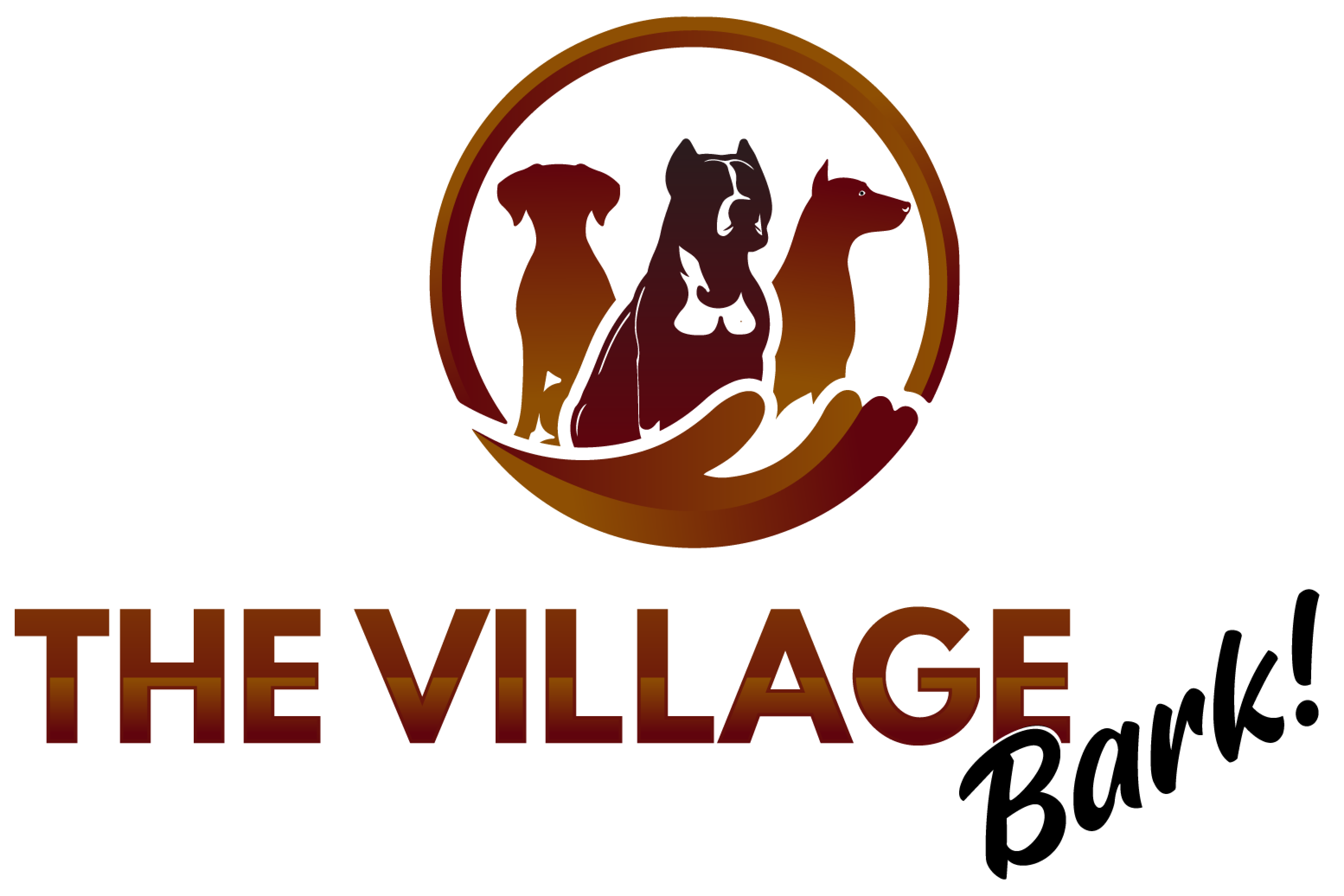Heart Over Head: When Empathy Collides with Shelter Policy
March 2025 – Contributed by a Community Volunteer
Inside Contra Costa’s shelter system, volunteers, rescues, and one scrappy dog named Rudy push back against a system built for speed, not care.
We tell ourselves stories to understand. Last night, at a town hall meeting held by Contra Costa Animal Services, a clearer story emerged—though it was not one anyone had prepared to hear aloud.
This story has four actors and one silent commodity.
The commodity is the dog: unchosen, unseen, and often misunderstood. A creature that has given nothing but loyalty to a world that, so far, has failed it. Each one waits behind wire mesh and concrete, their lives paused, their identity reduced to a laminated kennel card.
The first actor is the shelter itself—Contra Costa Animal Services. A government body bound by charter to serve both the animals and the community. But from the mouth of its own director, the word chosen for these dogs is incarcerated. A stunning choice, when these dogs have not broken laws but merely been born into misfortune. Incarceration implies a sentence, a system of punishment. But who decided these dogs should be punished?
The second actor is the adopter: humans looking to complete a family, to mend something lonely or to add joy to an already full house. They come in search of a companion, unaware that behind the hopeful signage and clean walkways lies a system more attuned to managing metrics than nurturing life.
The third actor is the rescue organization—scrappy and underfunded, operating with more heart than infrastructure. These groups absorb the overflow, taking in dogs when the shelter decides the clock has run out. The shelter speaks in numbers: from 22 days of stay to 10, as if time alone measures a dog’s worth. This pressure tumbles down onto rescues, who scramble to find homes, space, and resources before the countdown ends.
And in the middle, sometimes the only ones who truly see the dog, are the volunteers. They wipe eyes, offer treats, teach manners, and hold leashes. They are the translators—decoding behavior for frightened adopters, reframing panic as potential, and exhaustion as a need for care. They try to turn strays into pets, and in doing so, provide the only empathy some of these animals will ever receive.
But here lies the mismatch. The system was built for efficiency, not empathy. For control, not companionship. The county’s charter may speak of care, but its actions too often resemble processing. And when you force a being who needs love into a system built to manage waste, you get friction. You get heartbreak. You get what any engineer would call an impedance mismatch—where the signal is lost between source and receiver, between intention and effect.
Every year, 3,500 dogs enter this system. Most will leave changed. Some won’t leave at all.
We tell ourselves stories to understand. And the story here—if anyone’s listening—is that a government body charged with care is operating with the mindset of custody. That, next to the care we rightfully afford veterans who protect us, rescue animals—also survivors—are treated like they are guilty of something.
But they are not.
They are waiting. For better stories. For better systems. For someone to see them not as a burden or a number—but as the beginning of something better.
Daily dog: The dog, the only innocent in this tale, waits—mute and watchful—for someone to see past the steel of the kennel and into the soul of a companion not yet claimed.
The shelter, named for the county but speaking like a warden, refers to lives as “incarcerated,” as if the dogs had committed some crime by being born into hardship.
Adopters arrive with hope in their eyes, looking for a future written in wagging tails and soft eyes, unaware of the institutional machinery grinding behind the curtain.
Rescue organizations, running on fumes and love, absorb the dogs the county can’t—or won’t—hold, stretching limited resources to fill a moral gap.
Volunteers, the last soft hands many dogs will know, labor between systems—translating behavior into hope, trying to make pets from forgotten strays.
The county, focused on numbers not names, races to reduce length of stay like it’s a sales target, unaware—or unmoved—that the rush may trade outcomes for optics.
This is not a story of cruelty, but of misalignment: between heart and system, duty and care, what is chartered and what is done.
We tell ourselves stories to make sense of it all, but here, the story has gone sideways—and the dogs, all 3,500 of them, are caught in the middle.
To meet these Daily Dogs, please visit Contra Costa Animal Services, or your local shelter, to adopt a community dog in need.
